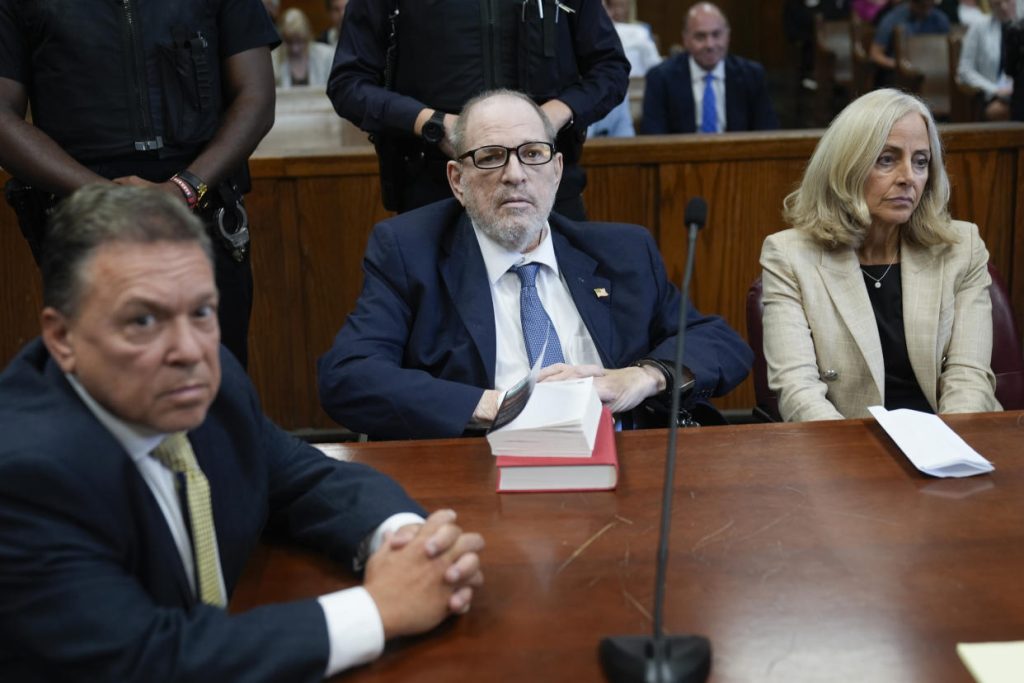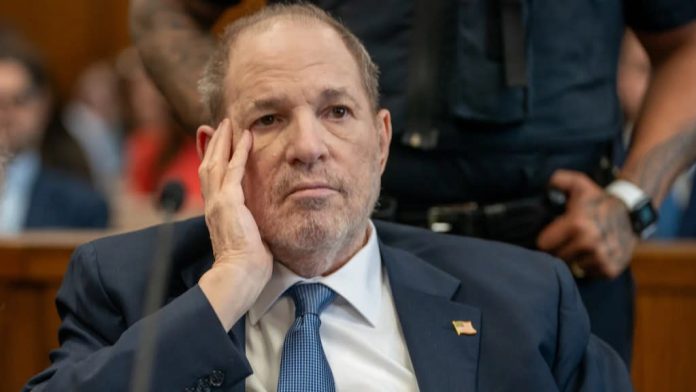NEW YORK — Opening statements are set for Wednesday in the highly anticipated rape retrial of former Hollywood power player Harvey Weinstein, with a new jury — this time composed mostly of women — deciding the outcome in one of the most consequential cases tied to the #MeToo movement.
Following several days of jury selection, a panel of seven women and five men, plus six alternates, was finalized by Tuesday. The newly seated jury replaces the five-woman, seven-man panel that convicted Weinstein during his original 2020 trial — a decision that was later overturned.
This retrial, taking place in Manhattan, comes nearly a year after New York’s highest court tossed out Weinstein’s prior conviction and 23-year prison sentence, ruling that the original trial judge improperly allowed testimony that unfairly biased the jury. That judge’s term ended in 2022.
Weinstein, 73, has pleaded not guilty. He continues to deny all allegations of rape and sexual assault.
Amazon’s Top 5 Must-Read Books: Don’t Miss These Gems
A Jury Reflecting a New Chapter
The makeup of the new jury reflects a wide swath of professional and educational backgrounds. Among them: a physics researcher, a photographer, a therapist, a dietitian, a fire safety director, a software engineer, and professionals from real estate, debt collection, social work, and TV production.
Educational levels range from high school equivalency to advanced degrees. Some jurors have served before, while others are experiencing jury duty for the first time.
During selection, potential jurors were questioned extensively about their ability to remain impartial in a case that has drawn global media attention. Hundreds were dismissed, including one man who said the first word that came to mind when he heard Weinstein’s name was “pig.”
Both the defense and prosecution worked to ensure that jurors could assess the case based solely on evidence and testimony — and not be swayed by media narratives or opinions about the #MeToo movement.
“You may hear sexual allegations here of a salacious nature — graphic, perhaps,” defense attorney Mike Cibella said to one prospective juror. “Would hearing that indicate that … Mr. Weinstein must be guilty?” The juror, who was ultimately selected, said no.
Prosecutor Shannon Lucey also addressed the influence of public sentiment, asking jurors to set aside any personal feelings about #MeToo. All indicated they could do so.
The Charges and the Road Ahead
This retrial centers on allegations from three women: an aspiring actor who says Weinstein raped her in 2013, and two other women who say he forced oral sex on them in 2006. Notably, one of the women was not part of the original 2020 case.
Separately, Weinstein is appealing a 2022 rape conviction in Los Angeles.
The outcome of this retrial could once again shape the narrative around accountability in Hollywood and the broader fight against sexual abuse in positions of power. For many, it is a critical test of how justice functions in the #MeToo era — and whether high-profile defendants can still be held to account in the court of law.


